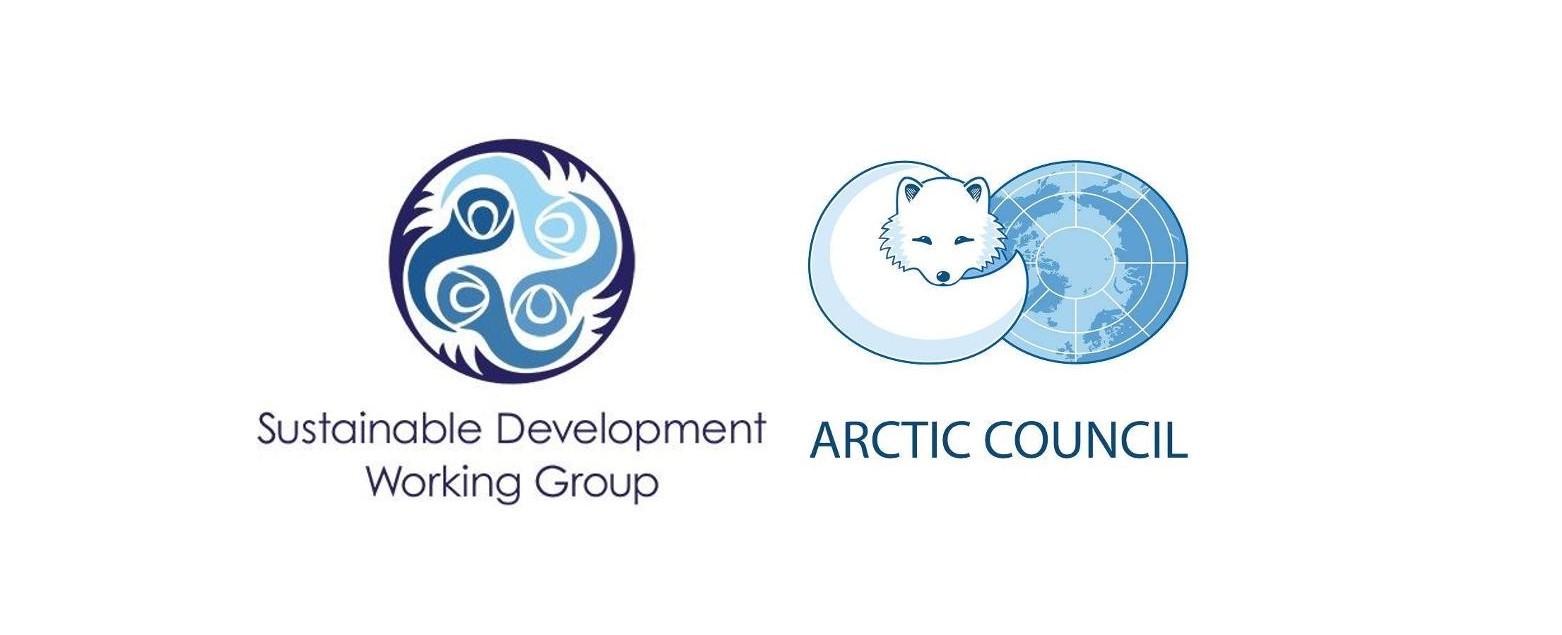At the Arctic Council's SDWG working group meeting on June 8, 2020, Yury Vasiliev, project leader and Executive Director of the Institute of Arctic Technologies, Moscow Institute of Physics and Technology with active support of the Ministry for the Development of the Russian Far East presented the AHEAD project, its implementation plan and partnership opportunities to the international participant of the SDWG meeting.
The presentation aroused great interest by all representatives of the arctic states and observer-countries of the Arctic Council. All participants noted the uniqueness and importance of the AHEAD project for the Arctic, because the IAS “Snowflake” will be a platform not only for energy support for the remote arctic settlements, but also for international cooperation, new green technology implementations, arctic science development, and become an additional impetus for current and future projects of the Arctic Council.
According to the voting results the AHEAD project was unanimously approved by all arctic states and became the only approved project for implementation within the SDWG from the Russian Federation.
According to the AHEAD’ s SDWG project proposal, Lead Countries/Project leaders are Russian Federation and Norway, which has declared its willingness to become a co-leader in March, therefore, Norway had sent a confirmation through diplomatic channels and noted the need for arctic breakthrough technologies, as well as the value of AHEAD energy solutions for the environment and population of the Arctic region.
Other representatives of the Arctic countries have also expressed their interest and willingness for potential partnership within the AHEAD project. To start the AHEAD cooperation development and exchange knowledge, Canada has invited AHEAD project leaders to visit the Canadian arctic station, furthermore Denmark highlighted that Greenland has a great potential for this energy initiative in the future.
Meanwhile, representatives of the Arctic Council observer countries, despite the lack of voting rights, have also emphasized significance of the technological approach, proposed by Russia, and are considering their active participation in the project, including at the stage of establishing the complex. Germany became the first observer-country, which received a status of the AHEAD official partner, additionally MIPT negotiates with over observer states in order to establish and develop bilateral cooperation.
Accepting future implementation of the AHEAD project as a part of the SDWG leads to a wide range of opportunities for international cooperation with all member and observer states in the Arctic Council, as well as for Russian Chairmanship in the Arctic Council in 2021 - 2023, since the building and launching of the project are scheduled for this period.
“We consider this initiative as an important pilot project <AHEAD>, which will also facilitate the transformation of the Arctic region to a fully autonomous year-round platform... The concept of the project is consistent with the principles and priorities that we underlined for our forthcoming Chairmanship in the Arctic Council”, noted Nikolay Korchunov, the Ambassador at Large for the Arctic Cooperation at the Russian Ministry of Foreign Affairs (MFA) and the Senior Arctic Official of the Russian Federation to the Arctic Council during the Press conference “Carbon-free Arctic Station: New International Project” on January 20, 2020.
More information about the SDWG and its projects, as well as the accepted AHEAD proposal on the official website of the SDWG: https://www.sdwg.org/what-we-do/projects/.
Note:
The SDWG working group meeting was planned to be held in Iceland in March 2020, but due to the Covid-19 pandemic, the offline meeting has been postponed to an online meeting on June 8-9, 2020. During the SDWG working group meeting a number of arctic projects were presented in order to be accepted by the SDWG and supported by the Arctic Council.
